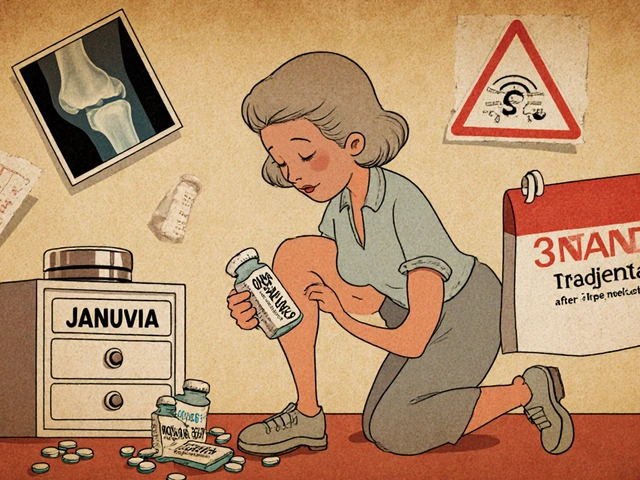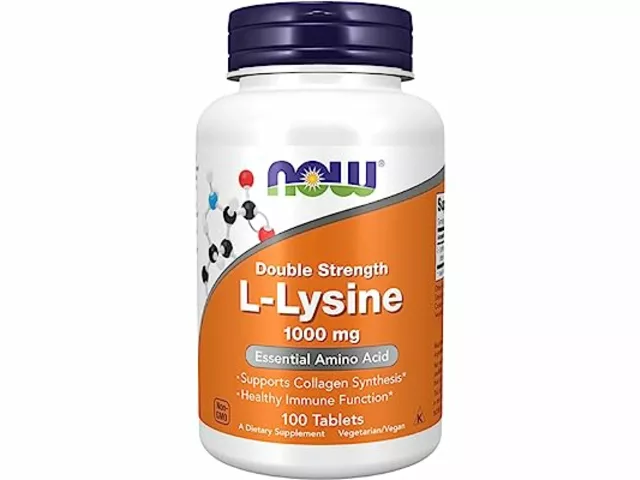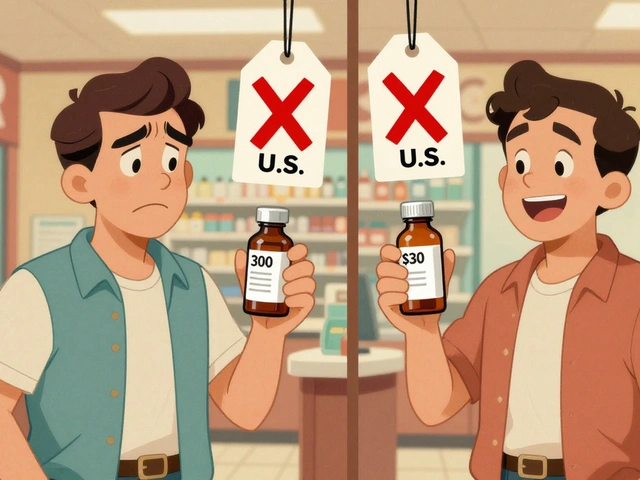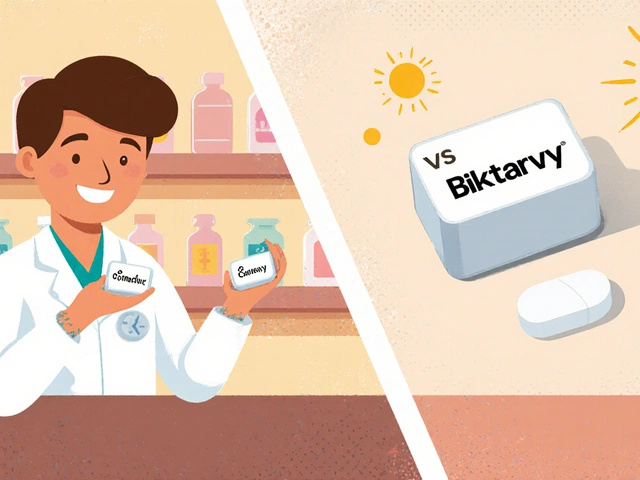Patient Care: Practical Advice for Medication, Safety, and Everyday Management
This tag gathers clear, practical guides about medicines, drug interactions, buying safely online and managing chronic conditions. You’ll find how-to tips for taking drugs the right way, spotting risky combinations, and choosing trustworthy pharmacies. The goal is simple: help you avoid common mistakes and make smarter choices for everyday care. Read short guides, real-world comparisons and step-by-step checklists that you can use without a medical degree.
Medication safety every patient should know
Always keep a list of every medicine you take—prescription, over-the-counter and supplements—and share it with your provider. Check labels for active ingredients to avoid doubling up on similar drugs. Watch for common interaction culprits like grapefruit, some antibiotics and blood thinners; if a new drug is prescribed, ask how it mixes with what you already take. Set reminders to take doses on time and use pill organizers if you find schedules confusing. If side effects appear, document them and call your clinician rather than guessing.
Buying meds online and avoiding scams
If you shop for drugs online, prefer pharmacies that require a prescription and show clear contact details and licensing. Look for pharmacy reviews and avoid sites that offer prescription-only pills without asking questions. Compare prices but don’t chase the cheapest seller—unusually low prices often mean fake or unsafe products. Keep records of orders, batch numbers and supplier emails in case you need to report a problem. When in doubt, call your local pharmacist or prescriber to confirm a brand or dosage.
Managing chronic conditions is more than pills. Track symptoms, weight, blood pressure or blood sugar as relevant, and bring those logs to appointments. Lifestyle steps—sleep, diet, gentle activity and stress control—often change how medicines work and can improve results. Use refill alerts and coordinate renewals so you never run out of essential drugs. If cost is an issue, check patient assistance programs, generic options and discount services featured in some guides here.
Understand when to get urgent help. Trouble breathing, severe chest pain, sudden weakness, high fevers or allergic reactions are signs to seek emergency care. For escalating but non-emergency issues—worsening symptoms, new severe side effects or repeated dosing mistakes—contact your clinic or a pharmacist for fast advice. Keep emergency contacts and a current medication list on your phone and in your wallet.
This tag includes deep dives into many common meds and conditions—blood pressure drugs, diuretics, diabetes options, inhalers, antibiotics and more—plus practical pieces on topical treatments, fertility drugs and supplements. Each post is written to give clear steps you can act on: how to compare options, what questions to ask, and what red flags to watch. Use these guides to make everyday patient care simpler and safer.
Browse the posts below to find step-by-step help — from safe online buying guides to drug comparisons and condition checklists. Bookmark the tag, share useful posts with family, and bring questions to your next visit. Good patient care starts with small, smart habits every day. Do it now.
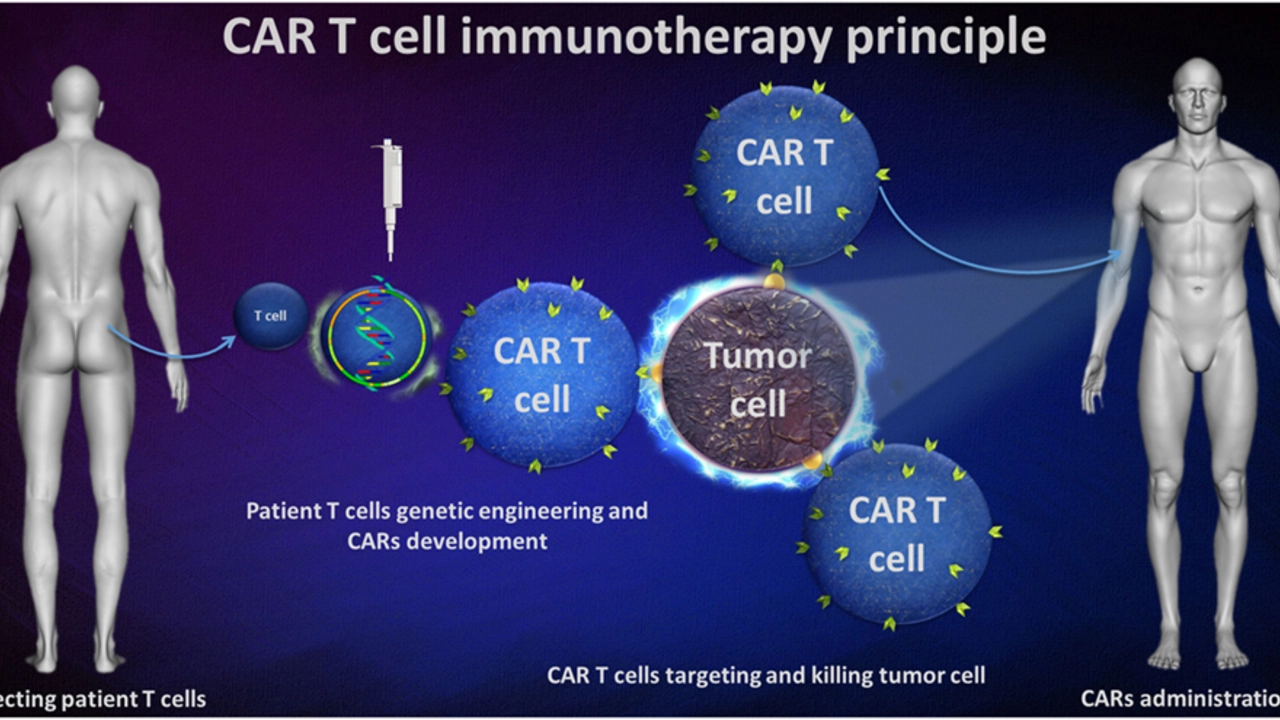
The Importance of a Strong Support Network for Cell Lymphoma Patients
Living with cell lymphoma is a challenging journey requiring strong support networks for patients. These networks offer emotional, physical, and psychological aid that significantly contribute to the patient's well-being and recovery. Loved ones, friends, healthcare professionals, and support groups play vital roles in offering comfort, understanding, and practical assistance. They provide a sense of belonging, reduce feelings of isolation, and help patients cope with the disease's physical and emotional toll. In essence, a robust support network is a lifeline for cell lymphoma patients.
Read More
